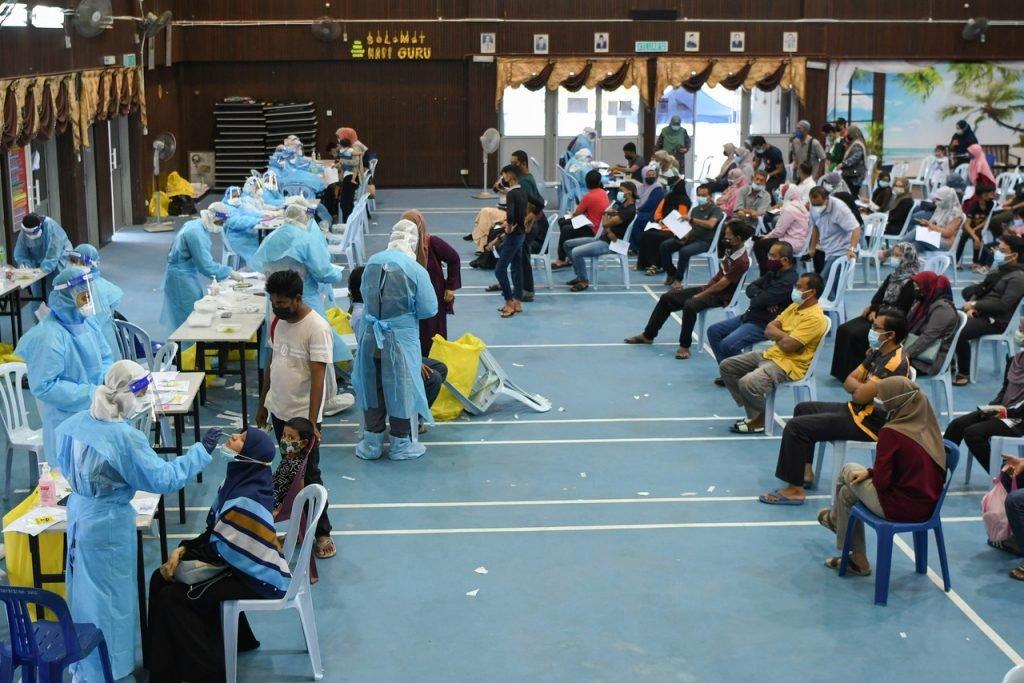Daily Covid cases expected to keep rising, says deputy health DG
While a decline in cases may take some time, he says it is more important to see a decrease in terms of serious patient admissions and deaths.
Just In
Daily Covid-19 cases are expected to continue increasing before the country’s vaccination rate hits 80% by the end of October, says deputy health director-general (research and technical support) Dr Hishamshah Mohd Ibrahim.
He said the current increase in cases in the country is due to new variants such as the Delta variant.
“The high vaccination rate in Labuan and Sarawak has shown new cases are dropping but what we stress more is that admissions to the ICU and the death rate have shown a drastic fall.
“So if we could do the same thing in the peninsula, more so at the hotspots which are experiencing rising transmissions, especially in the Klang Valley, with a higher vaccination rate, we will see a drop in cases.
“The decline in cases may take some time but more importantly, we want to see a decrease in terms of serious patient admissions into wards and those who die,” he said in a special media conference today.
Also present were health ministry secretary-general Mohd Shafiq Abdullah, health deputy director-general (public health) and Greater Klang Valley Special Task Force commander Dr Chong Chee Kheong and Selangor health director Dr Sha’ari Ngadiman.
He said as of July 22, the ministry had detected 409 cases of variants of concern (VOC) related to Covid-19 in Malaysia: 189 cases of the Delta variant, 206 cases of the Beta variant and 14 cases of the Alpha variant.
“This month, we expect the number of genome sequencings to increase as we have established a consortium of seven laboratories in the science, technology and innovation ministry and at universities.
“This will increase another 1,000 genome sequencings a month and we will be able to have more detailed information on the distribution of variants in our country,” he said.
Subscribe to our newsletter
To be updated with all the latest news and analyses daily.
